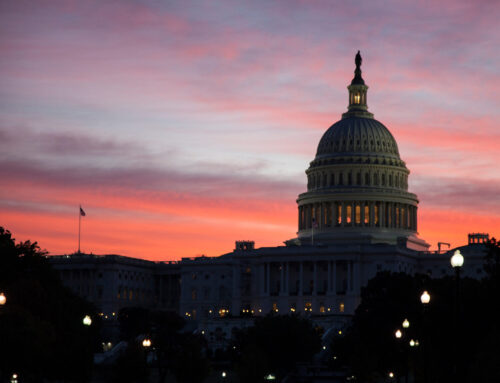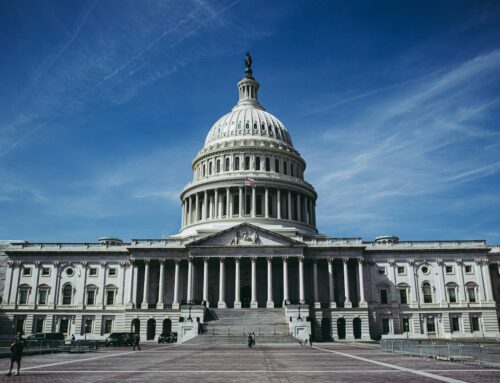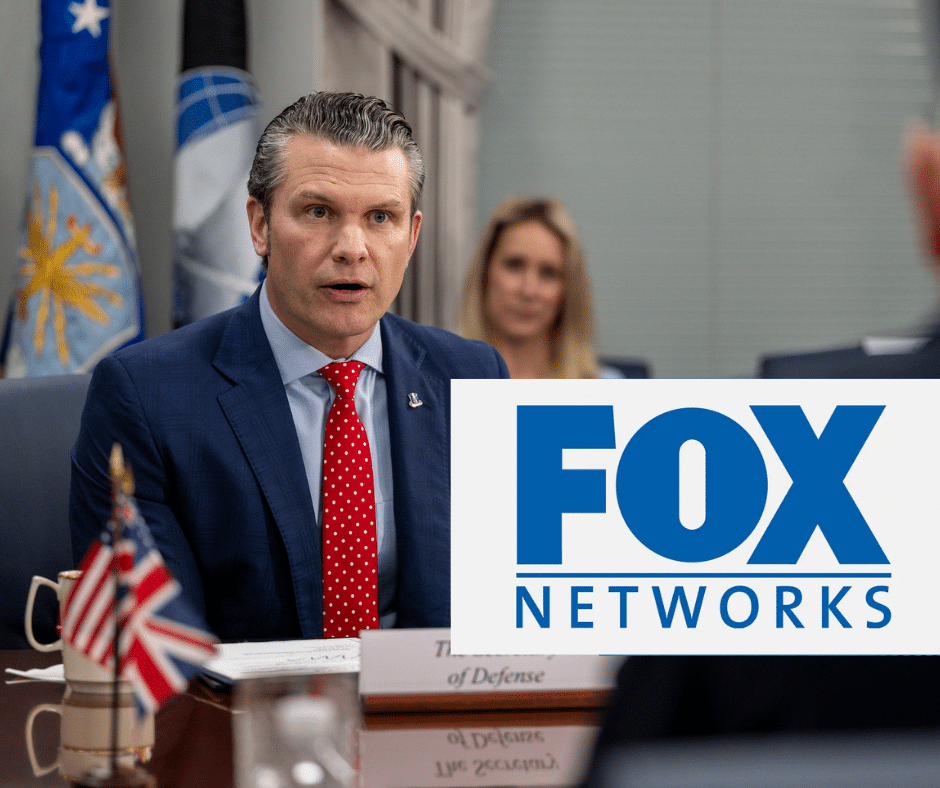The pit bulls at the IRS just may be a wealthy tax scofflaw's best friend. Audits are at an all time low, allowing taxpayers to cheat the federal government out of billions annually. Except for low-income taxpayers who face the wrath of an IRS audit more than high-income taxpayers, the agency has become our nation's pet poodle – a lot of bark, but no bite.
Currently, only 0.6 percent of personal returns get reviewed and the number of audits isn't likely to rise. The IRS is requesting increased funding so they can be more effective by targeting specific abuses.
As IRS agents scan the country looking for the truck driver or restaurant worker who might have cheated the government out of a few bucks, a loophole in the tax code allows major corporations to hide millions of dollars from their tax liability by opening sham offices in Bermuda.
These companies change their address but maintain their operations in this country. They get all the benefits – our roads, infrastructure, public services — but don't pay their share of the costs for these services. In the most egregious cases, profitable companies pay no taxes at all and receive a check from hard working taxpayers in the form of government subsidies.
Tax evasion schemes are multiplying like rabbits, through seminars held by present day snake-oil salesman and even at some of America's leading law firms, investment banks and accounting firms. These slick promoters trick people into believing that they don't have to pay taxes because of some bogus exemption, deductions or credit. The hucksters get rich and the suckers go to jail.
The General Accounting Office (GAO), the investigative arm of Congress, found that in 2000, the IRS detected about $5 billion in improper tax avoidance by 700,000 taxpayers. This may be just a scratch on the surface – the GAO estimates that taxpayers are avoiding $20-40 billion annually.
However, thanks to Congress, the IRS disproportionately targets the tax returns of the working poor, especially anyone taking advantage of the earned income tax credit. The IRS audits 1 in 47 filers who claim the credit, but only 1 in 145 taxpayers who earn more than $100,000, and only 1 in 400 partnerships, where the richest Americans often hide their money.
This practice is not fair. Wage-earning taxpayers are held to the rules while the IRS and Congress pass over those with the greatest ease in disguising their income. The purpose of audits is to recover the greatest amount of unpaid taxes; the IRS should be targeting the very taxpayers they are ignoring.
Targeting poor people doesn't make much sense because rich people have far more opportunity than working stiffs to become tax cheats. Working Americans have very few ways to hide their income from the IRS. However, the Bill Gates and Warren Buffets have a panoply of options such as using Enron-like off-shore accounts and are able to hide their earnings by creating paper companies and business partnerships. Lost taxes on partnerships are estimated at $9-$64 billion.
Congress is as much to blame as the IRS for these problems. Part of the difficulty in determining the accuracy of partnership returns is the complexity of the tax code. It doesn't help that Congress has decimated the IRS staff. Congress should work with the IRS to bring efficiency and fairness to the auditing process and give the IRS the resources the agency needs to target corporate and rich tax scofflaws.
It is the responsibility of the IRS to collect tax payments due, and whatever the limitations of the IRS today, tax avoidance is wrong. In trying to reform the agency in the past, Congress may have gone too far. Congress and the IRS need to work more diligently to reduce fraud by those taxpayers with the most to hide, and need to review their audit procedures, so IRS auditors don't unfairly target the working poor.










